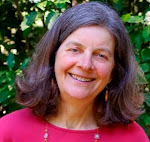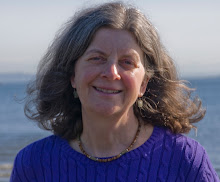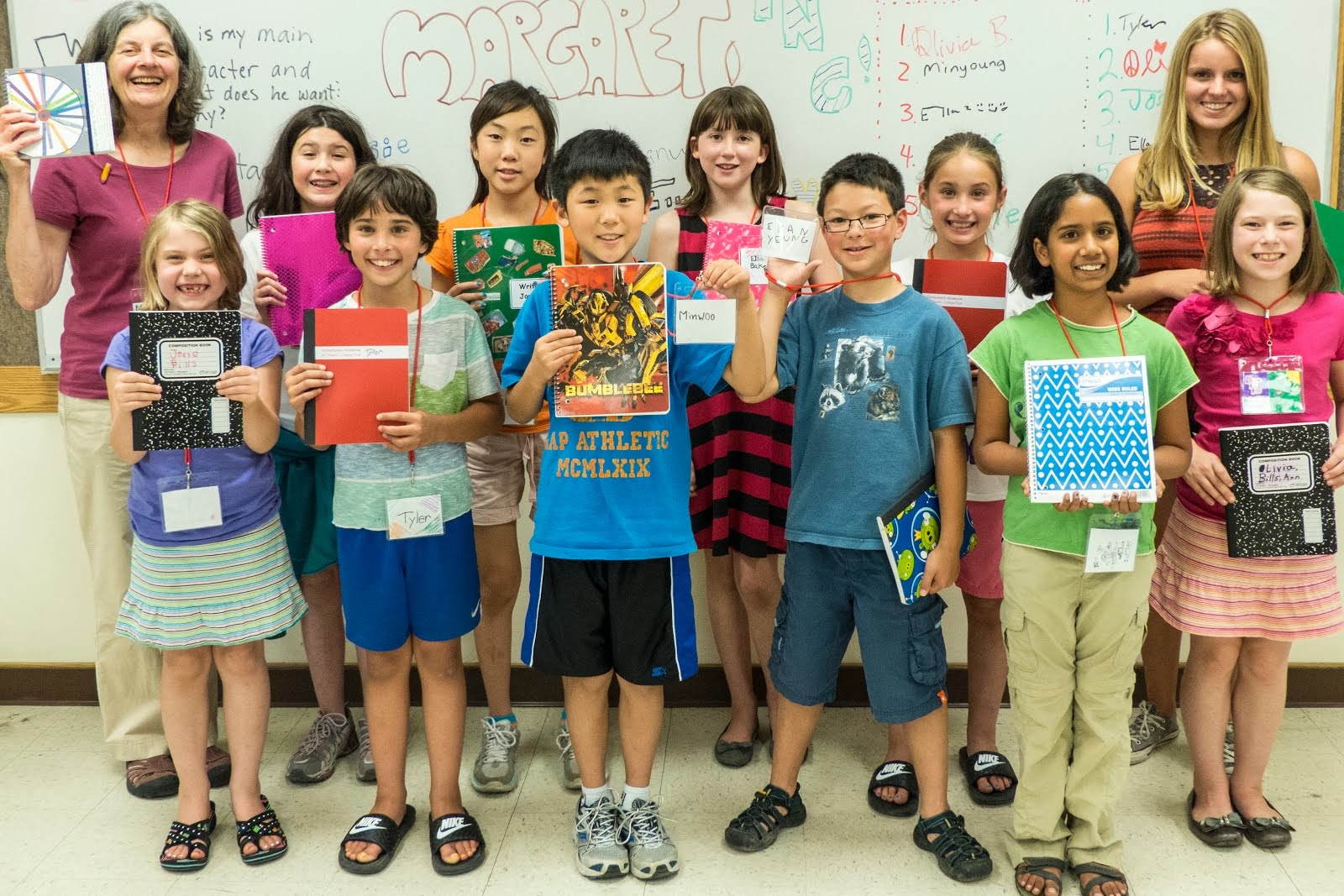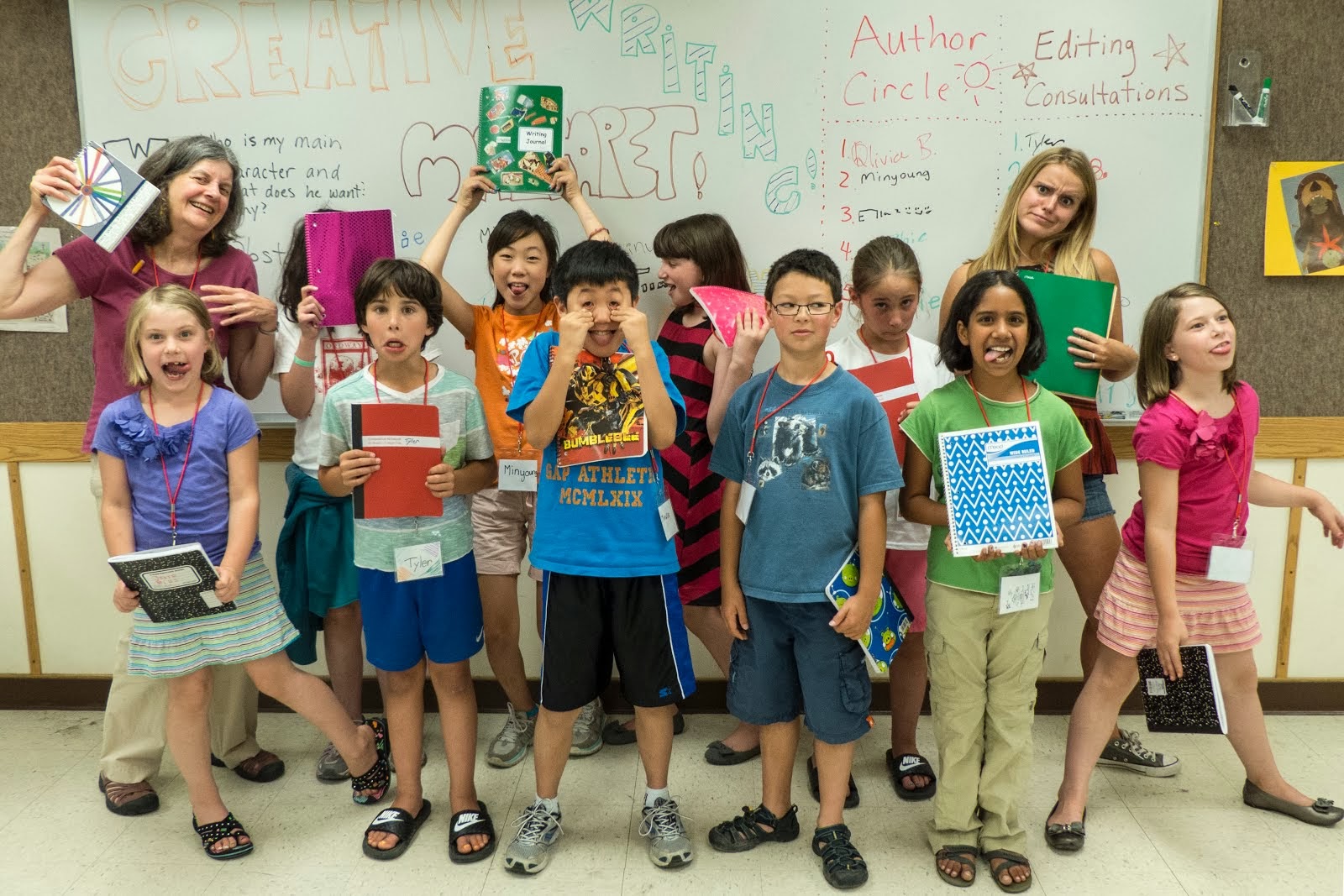
Adjectives are those great words that describe things. They can be short: wet, dry, thick, thin, pink, green (or short). They can be long: wonderful, extraordinary, shadowy. They can be "show-off" words: splendiferous, iridescent, capacious.
Whether the adjectives you use are big or small, it's a good idea to have them in your writing for a reason. Adjectives have a job to do. Choosing the right adjective is the difference between something being tall or something being gigantic. Big difference.
What adjectives would you use to describe the cactuses (or cacti) above? Some adjectives may simply describe the cactuses physically:
thorny
prickly
sharp
spiky
spiny
Other adjectives may show how your character feels about the cactuses:
dangerous
friendly
charming
stately
Find an object outside or in your house. It could be a stop sign or your bathroom faucet. Describe the object using one or two adjectives. Will you use adjectives that describe the object physically? (a tall, red stop sign) Or will you use adjectives that use emotion? (a sad, battered stop sign)
Does a stop sign need to be described with adjectives? After all, everyone knows what a stop sign looks like. Do you need to tell your reader that it's red? Or is there something different about this particular stop sign? Is it muddy, faded, or rusty?
Have fun playing with long, short, moody, silly adjectives in your writing.






